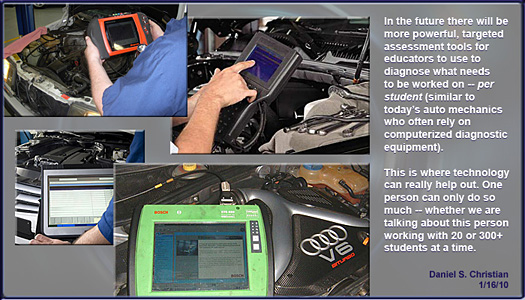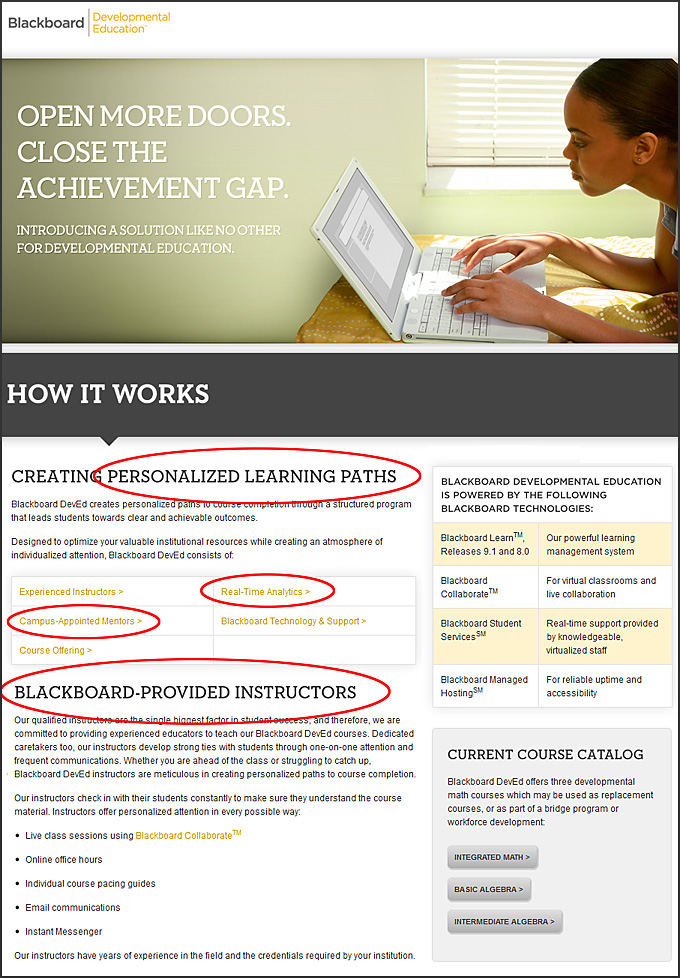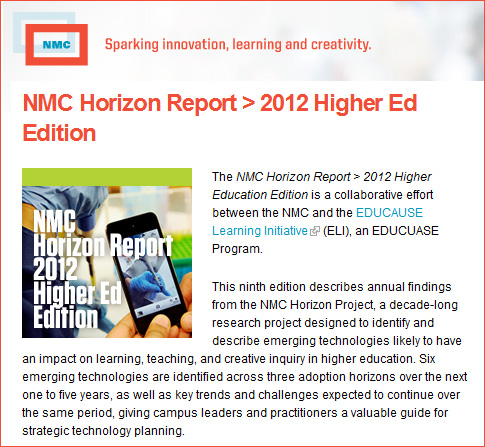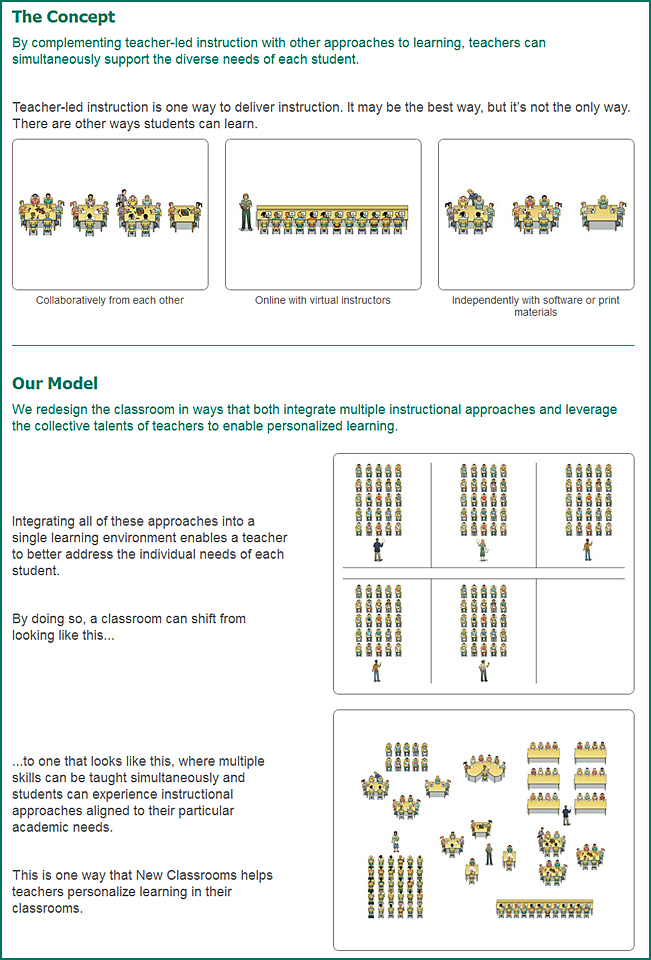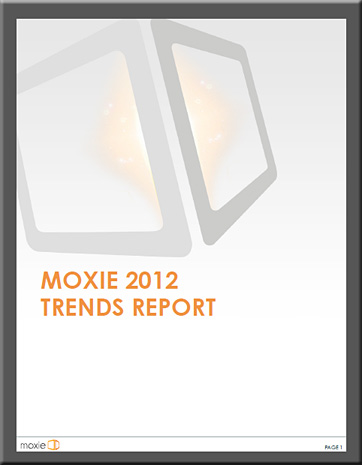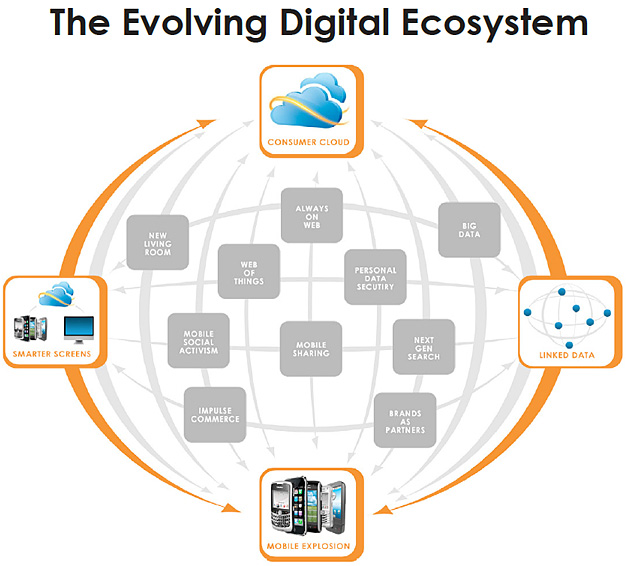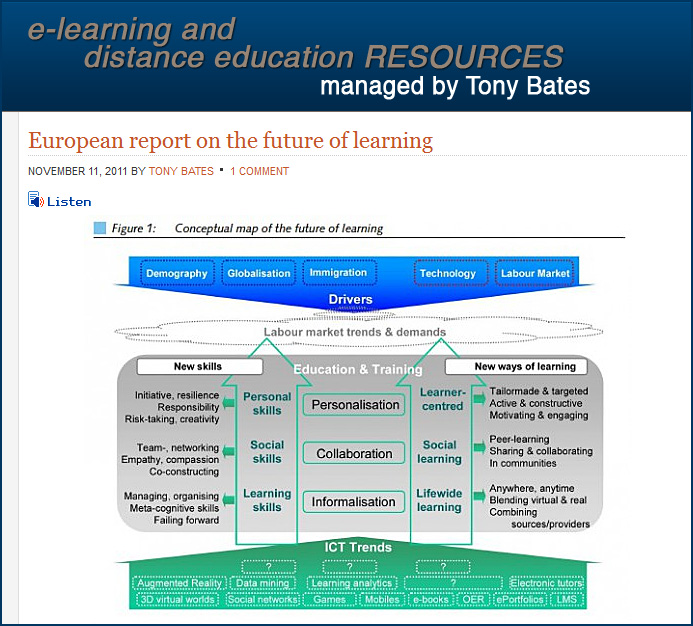McGraw-Hill report demonstrates power of adaptive learning technology to personalize education and support needs of 21st century students — prnewsire.com
Report illustrates how personalized learning is the key to engage, retain and graduate students and prepare them for the global workforce
NEW YORK, April 12, 2012 /PRNewswire/ — A new report released today by the McGraw-Hill Education characterizes adaptive learning technology as the lynchpin in personalizing education in today’s K-12 and higher education classrooms. According to the report, adaptive learning technology, also known as a computer-assisted smart tutor, helps teachers tailor instruction for every student in the class, effectively creating a “class of one” and significantly improving learning outcomes.
…
The authors highlight three of McGraw-Hill’s adaptive programs:
- LearnSmart is the leading interactive study tool for higher education that adaptively assesses students’ skill and knowledge levels to track which topics students have mastered and which require further instruction and practice. It then adjusts the learning content based on students’ strengths and weaknesses…
- Power of U is a revolutionary, digitally rich personalized middle school math pilot program that uses real-time assessment data to group students in ways that allow them to learn at their own pace, in their own style, using the medium that works best for them…
- ALEKS®, one of the pioneer products to use adaptive learning technology, is a web-based assessment and learning system created by the ALEKS Corporation and exclusively distributed by McGraw-Hill Higher Education to colleges and universities.
.
From DSC:
These are the types of technologies that will make their way into courses that you can take from your Smart/Connected TV (i.e. “learning from your living room” and “The Forthcoming Walmart of Education” trends continue to develop and are moving one step closer to reality).











